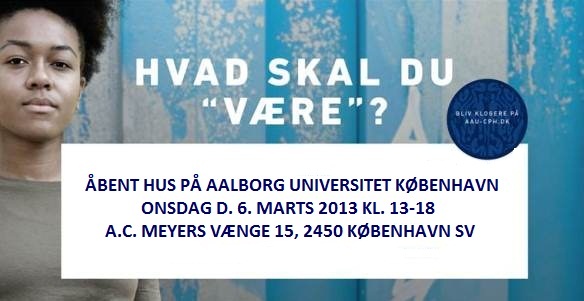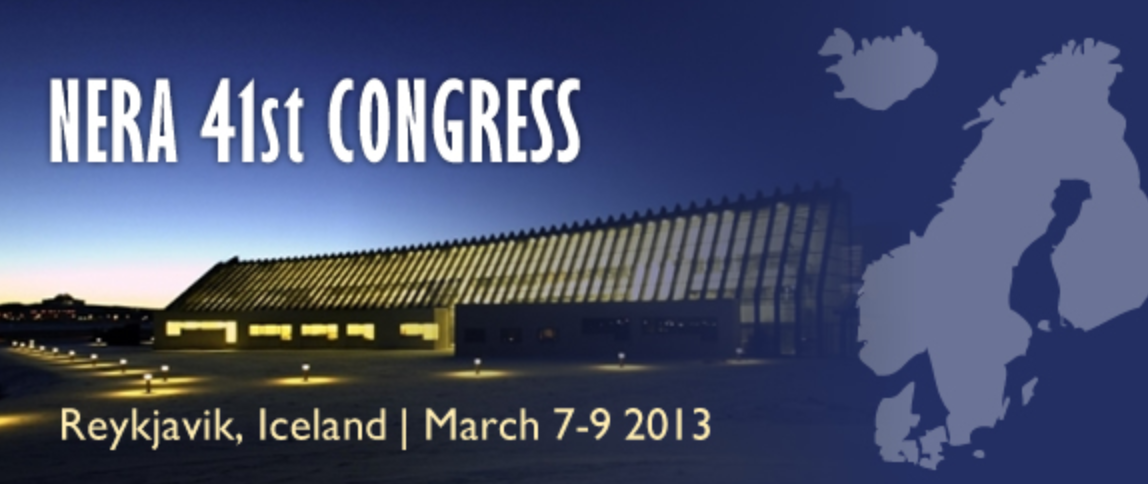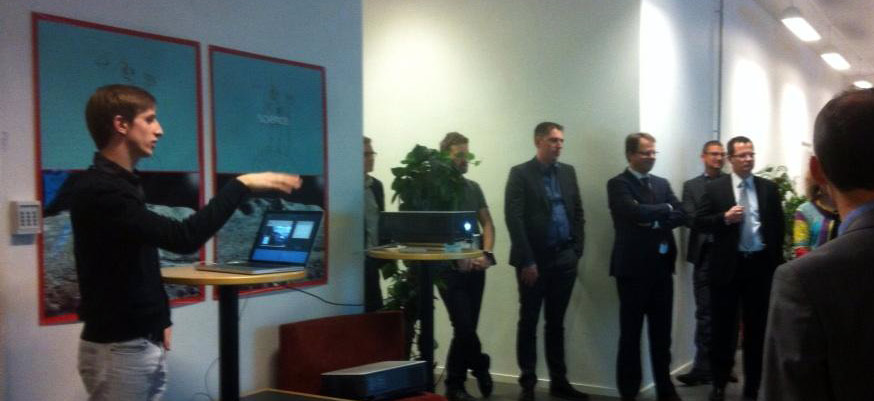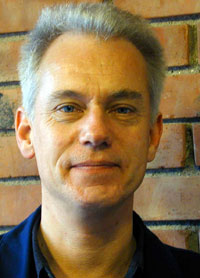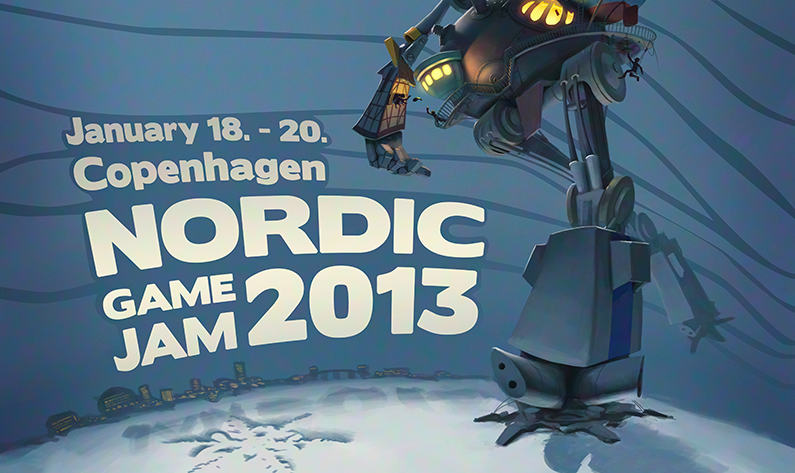At this years Audio Engineering Society 49th International Conference on Audio for Games, there was a whole session about “Perception of Interactive Audio” involving only Medialogy projects. The Papers that were presented were both from students, PhD students and professors associated with Medialogy CPH:
“Can Interactive Procedural Audio Affect the Motorical Behaviour of Players in Computer Games with Motion Controllers?”
by Niels Bøttcher
“Preliminary Investigation of Self-reported Emotional Responses to Approaching and Receding Footstep Sounds in a Virtual Reality Context”
by Erik Sikström, Niels Christian Nilsson, Rolf Nordahl, and Stefania Serafin
“Auditory Feedback to Improve Navigation in a Maze Game”
by Kevin Dahlstrøm, Nicolai Gajhede, Søren K. Jacobsen, Nicklas S. Jakobsen, Søren Lang, Magnus L. Rasmussen, Erik Sikstrom and Stefania Serafin
“Rhythm-Action Games: The sonic interaction perspective”
by Cumhur Erkut and
Hüseyin Hacihabiboğlu, Informatics Institute, Middle East Technical University
See more about the conference here: http://www.audioforgames.net

